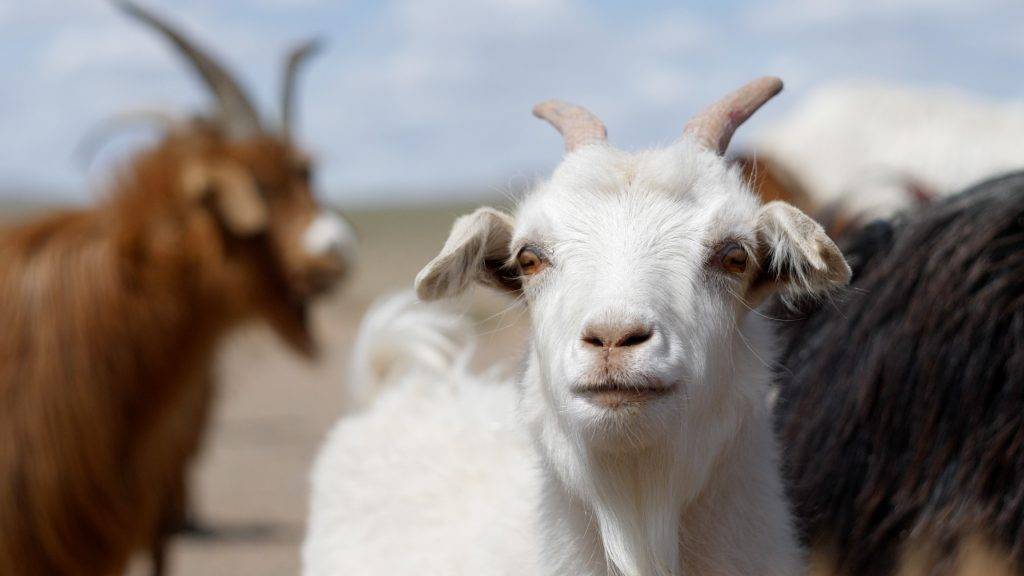The economic impacts of Covid-19 on herding families are considerable and concerning. The fall in demand for cashmere caused a fall of up to 60% (compared to last year’s average price of raw cashmere). For the majority of herders, this is devastating since cashmere is their main or only income. The fall in income will not only impact their own economic security and wellbeing but the welfare of their animals. The SFA surveyed its herders this May and the responses indicate that reduced incomes and loan repayments will impact animal welfare in three ways:
- Fewer animals will be vaccinated against disease
- Lack of funds for animal feed
- Lack of funds for maintaining winter shelters
Over the past five years, the SFA has worked with herding communities to promote the adoption of sustainable herding practices, which contributes to building resilience in their own herding livelihoods. Covid-19 has only highlighted the importance of local networks and support systems, access to knowledge, flexibility and mobility, innovative herding skills and use of reserve pastures in helping herding communities cope with external shocks. Whether faced with a global pandemic or climatic disaster, we can help herders become better prepared for these shocks, mitigate their impacts and recover from more quickly.
In response to Covid-19 the SFA set up a Covid-19 Working Group where we and our members identified where we can add new activities in order to target our efforts where they are most needed responding to the two core goals of :
Reducing economic vulnerability of Mongolian herding communities
Building capacity for responsible fibre production.
The recommendations of the SFA Covid-19 Working Group regarding our key areas of action are as follows:
- Explore what opportunities herding families and communities have to reduce their reliance on the cashmere fibre crop.
- Develop a programme of support to herders that encourages a communal approach to dealing with financial/environmental shocks, animal welfare management and disaster response.
- Develop an incentive mechanism to encourage and reward good practice.
- Work with other agencies and NGOs to agree joint action to improve the quality of Mongolian cashmere fibre quality, breeding or other related programmes.
- Extend the chain of custody model to allow a greater number of herders and processors to benefit from market access and price premiums and explore the potential to add further value through herder-level sorting of raw fibre.

